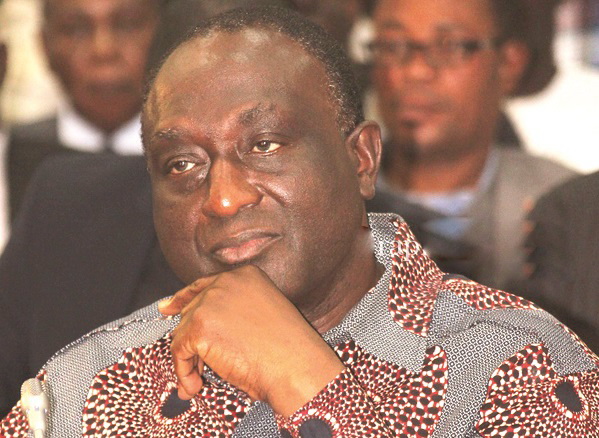
‘Don’t allow foreigners to take over retail of mobile phones’
Some mobile phone dealers in Accra have threatened to shut down all Chinese mobile phone shops in Accra following what they described as an attempt by their Asian counterparts to take over the phone retail business.
According to the mobile phone operators, although the country’s laws only permitted foreigners to trade in the wholesale sector, the Chinese had ventured into the retail trade in a manner that was having a debilitating effect on local dealers.
“We will not allow this Chinese nationals to destroy our business. This is the only means for some of us to earn enough money to take care of our children.
“Now our distributors have decided to deal with this people instead of us. They are now selling the mobile phone accessories at the same price and sometimes even cheaper because they came as wholesalers,” Mr Michael Asamoah, who owns one of the many mobile phone shops at the Kwame Nkrumah Circle in Accra, said.Another mobile phone dealer, Mr Dennis Tawiah, said they were worried about the development considering the fact that their Asian counterparts were more connected to take over the business from them”.
“The money these people are bringing into the business is so huge that we may not be able to compete with them. This is so unfair,” he said.
Mr Tawiah claimed that most of his colleagues were frustrated, adding that “our only solution is to take action against them.
Asked about the number of mobile phone dealers who are likely to be affected by the takeover, Mr Damian Otoo, said the entire mobile phone operators at the Kwame Nkrumah Circle.
“All of us at Kwame Nkrumah Circle will be affected by this takeover,” he said.
While the Ministry of Trade and Industry had in the recent past pledged to weed out foreigners in the retail business, the practice still persists.
The Ghana Union of Traders Association has been kicking against foreigners in the retail trade in the country for contravening the Ghana Investment Promotion Centre’s directive that bars foreign participation in lower levels of the retail chain.
Trading in Ghana
Under the Ghana Investment Promotion Centre (GIPC) Act, retail businesses are restrictive to only Ghanaians .
Section 27(1)(a-h) of the Act states that:
“A person who is not a citizen or an enterprise which is not wholly owned by a citizen shall not invest or participate in the sale of goods or provisions of services in a market, petty trading or hawking or selling of goods in a stall at any place
The operations of taxi or car hire service in an enterprise that has a fleet of less than 25 vehicles. The operations of a beauty salon or a barber shop
The printing of recharge scratch cards for the use of subscribers of telecommunication services. The production of exercise books and other basic stationary. The retail of finished pharmaceutical products. The production, supply and retail of sachet water, and all aspects of pool betting business and lotteries, except football pools.
“We are not against any foreigner owning a business in Ghana. Our position is that they should keep to their side. They can do the wholesale but retail is our turf. We are determined to protect that turf,” he added.
Frustration
Speaking on behalf of the group, Mr Stephen Cobbinah, said frustration was building up among dealers of mobile phones “who insist that their businesses could colapse due to a gradual Chinese takeover of the retail sector”.
According to him, information they picked indicated that Mobile Zone, which was the franchise holder of TECNO phones, had signed a contract with E-Gate Development Ghana with 49 per cent and 51 per cent shares ownership respectively to now distribute this time not only the TECNO phones, but two other phone brands ITEL and INFINIX.
He claimed that AROMA, a new company had also emerged to take up the distribution of accessories moving from shops to shops at the price far lesser or the same as the price that is given to them by the local business men.
Mr Cobbinah also accused some Ghanaian businessmen of fronting for the Chinese at the expense of local distributors.
